The 1970s gave us some of the most memorable TV characters of all time, but not all of them would thrive in today’s world of constant social media scrutiny. Whether they were politically incorrect, too blunt for their own good, or just downright problematic, these characters would face serious backlash if they tried to exist in the age of Twitter, TikTok, and viral outrage. Back in the ’70s, they were fan favorites, but today? They’d be trending for all the wrong reasons. Let’s take a look at 12 TV characters from the ’70s who wouldn’t survive today’s social media.
1. Archie Bunker (All in the Family)
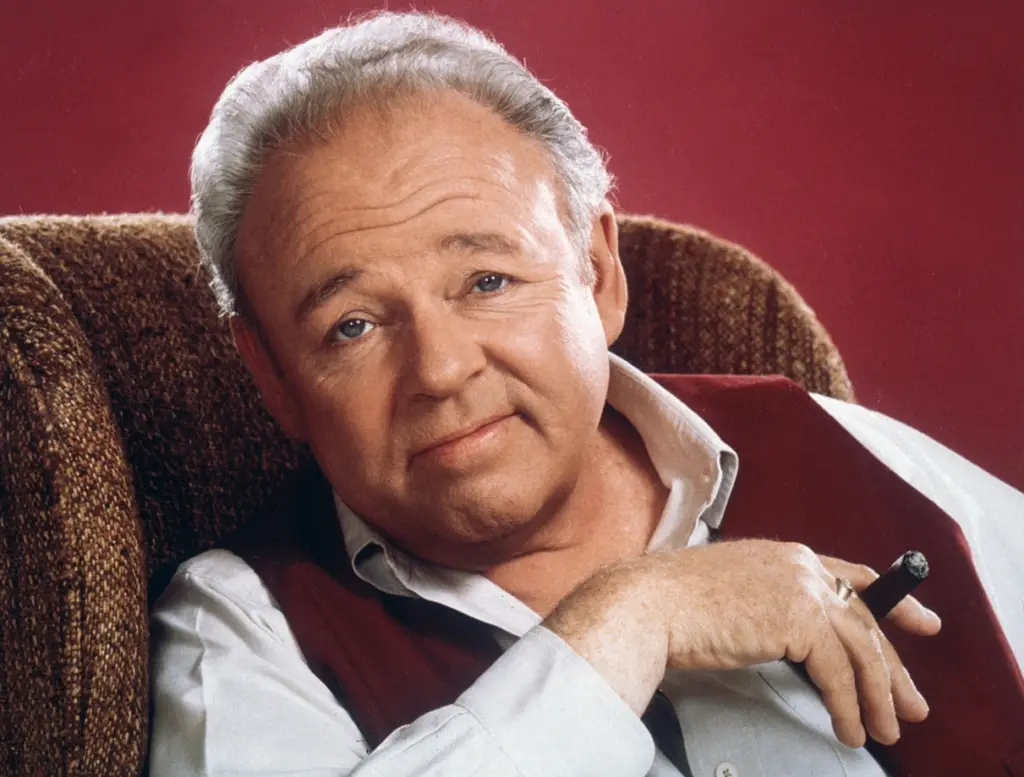
Archie Bunker was the king of politically incorrect television in the ’70s, and while he was always meant to be a satirical character, that wouldn’t stop social media from ripping him apart today. His outdated views, constant complaints about the changing world, and unfiltered opinions would make him a viral controversy magnet. Twitter would explode with debates about whether Archie was meant to be laughed at or with, while think pieces about his most cringe-worthy moments would flood the internet. In short, Archie would trend regularly, but not in a good way.
2. J.J. Evans (Good Times)
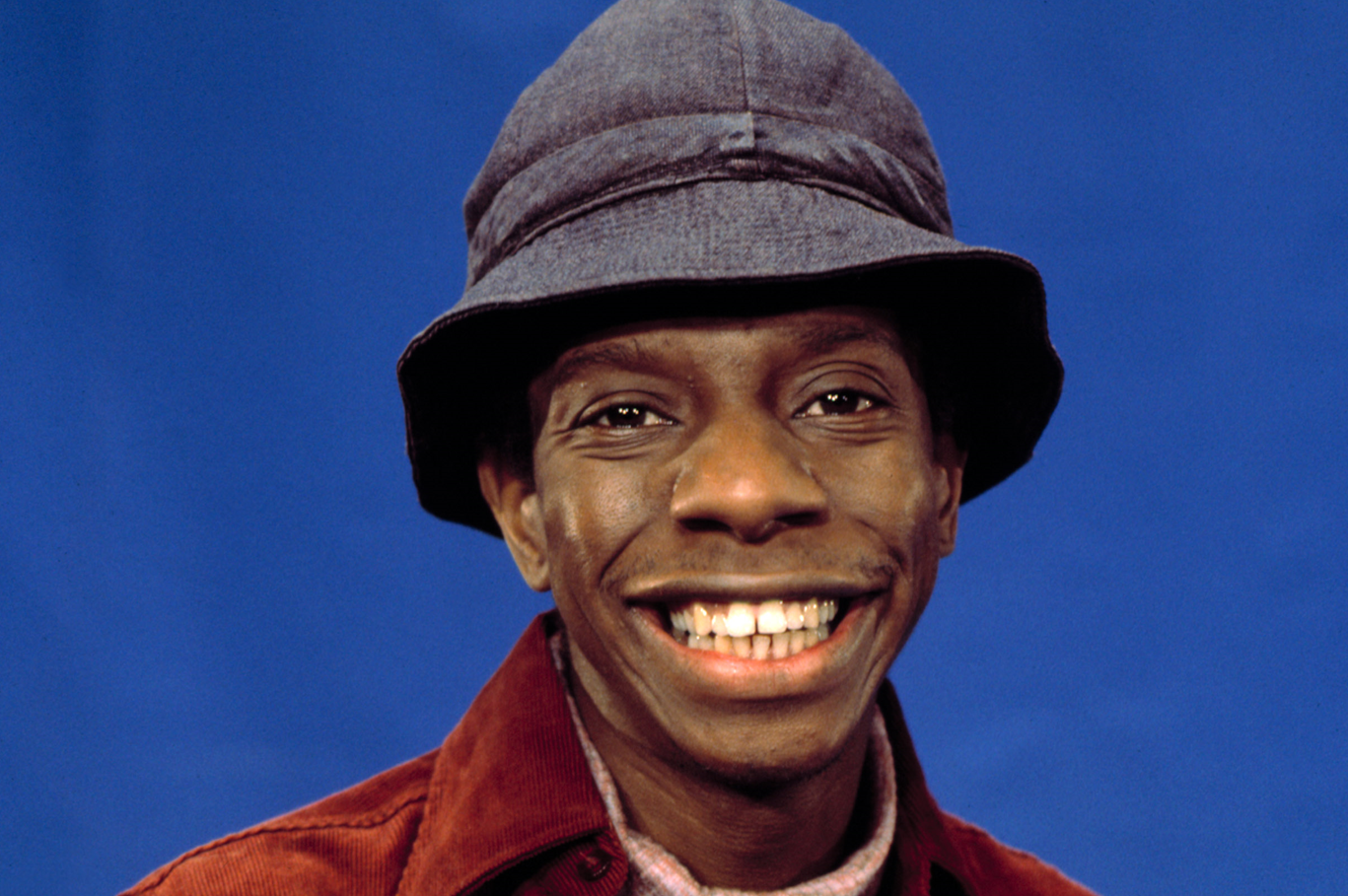
J.J. Evans was the comic relief of Good Times, but his exaggerated mannerisms and “Dyn-O-Mite!” catchphrase would be labeled as problematic today. Many critics have already reexamined how his character leaned into stereotypes, with some arguing that he overshadowed the show’s more serious themes. On social media, people would debate whether J.J. was a groundbreaking character or a relic of a different era. Either way, he’d be at the center of a lot of online discourse.
3. Howard Cunningham (Happy Days)
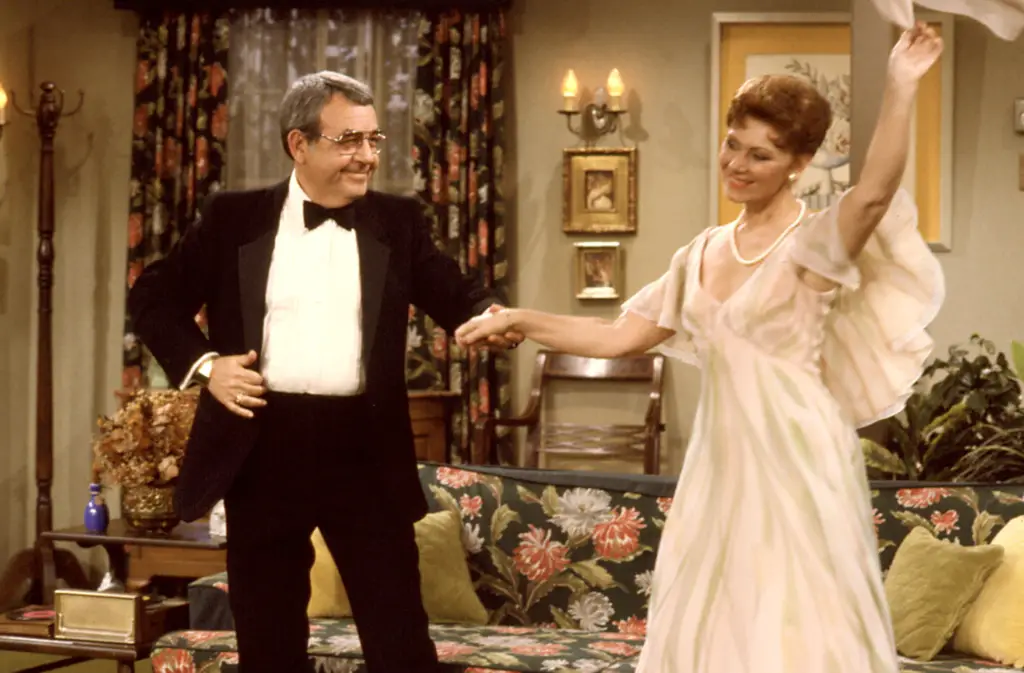
On the surface, Mr. C from Happy Days seems harmless, but social media has a way of digging up issues. As a father, he often had a “boys will be boys” attitude and dismissed things that wouldn’t fly today, like Richie and his friends sneaking around or Fonzie’s womanizing ways. A single viral clip of Mr. C brushing off something questionable with a chuckle would be enough to start an online firestorm. He’d quickly be branded as an example of “TV dads who let too much slide.”
4. Boss Hogg (The Dukes of Hazzard)
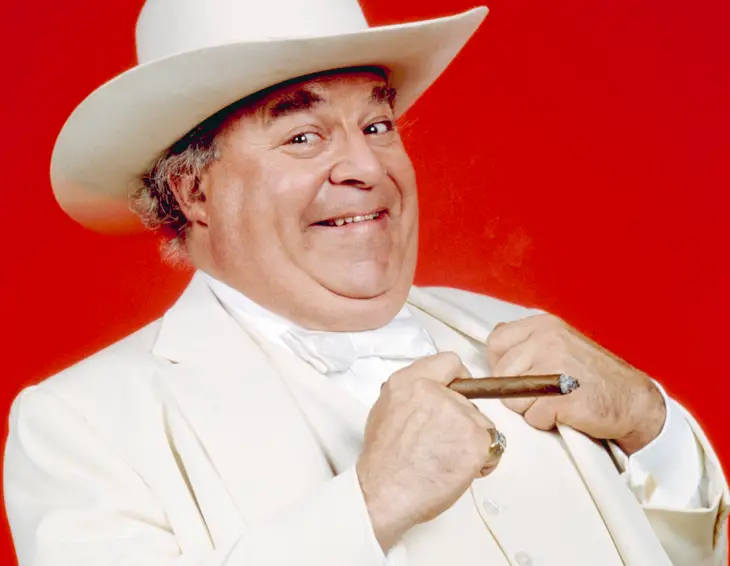
Boss Hogg was the ultimate corrupt politician, running Hazzard County like his own personal kingdom. His greed, backroom deals, and abuse of power would be exactly the kind of thing that social media loves to tear apart. Twitter would be filled with hashtags like #CancelBossHogg, and people would demand an investigation into his dealings. If his character existed today, he’d be the subject of endless memes comparing him to real-life figures.
5. Fonzie (Happy Days)
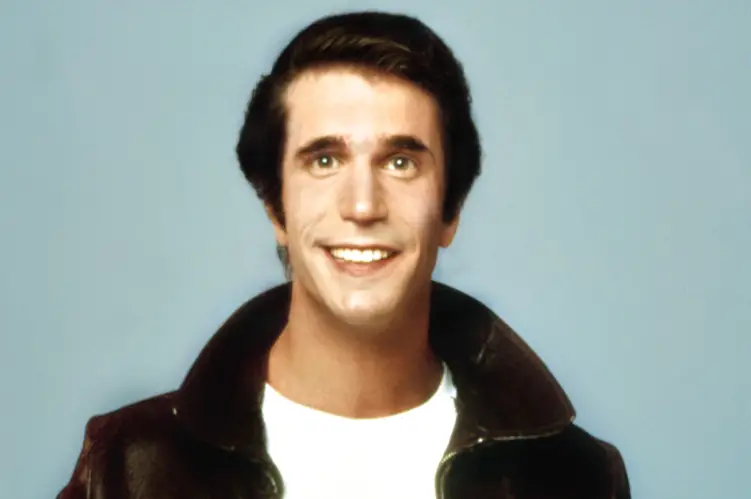
The Fonz was the epitome of cool in the ’70s, but his constant flirting and “heyyyy” approach to women wouldn’t play as well today. Social media would definitely call out some of his behavior, questioning whether his charm excused his actions. A few viral TikTok clips of him snapping his fingers to get a girl’s attention would lead to heated debates. While some would argue that he was just a product of his time, others would say his attitude wouldn’t cut it in 2024.
6. George Jefferson (The Jeffersons)
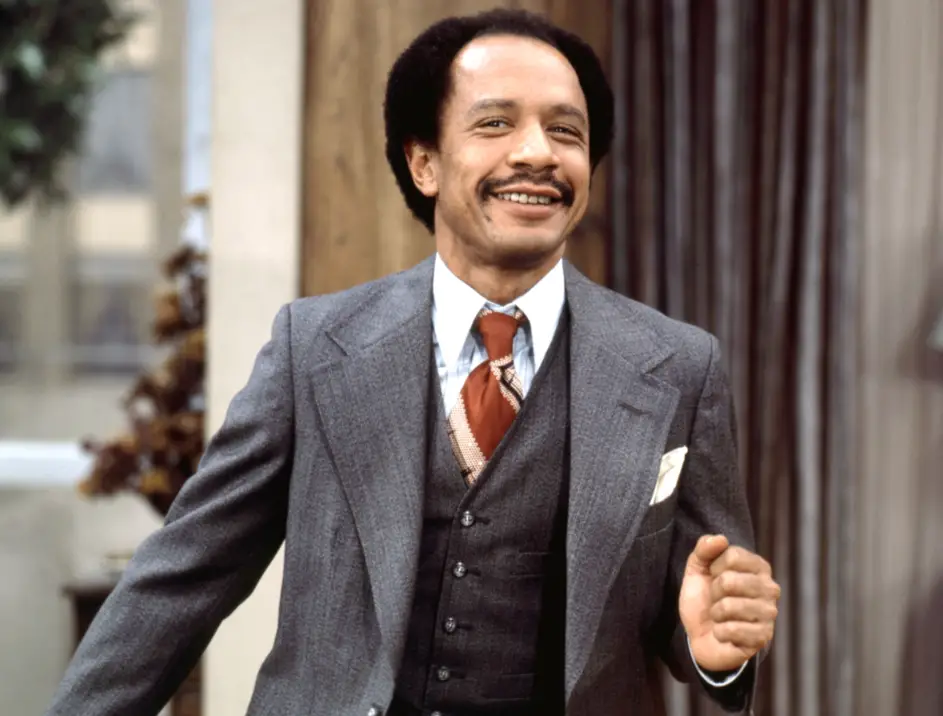
George Jefferson was brash, opinionated, and had no problem speaking his mind—qualities that would make him both loved and hated on social media. His constant insults toward white characters like Tom and Helen Willis would spark endless online debates. Some would argue he was simply turning the tables on racial dynamics, while others would call him out for being just as prejudiced as Archie Bunker. Either way, George would trend every time an old clip resurfaced.
7. Maxwell Smart (Get Smart)
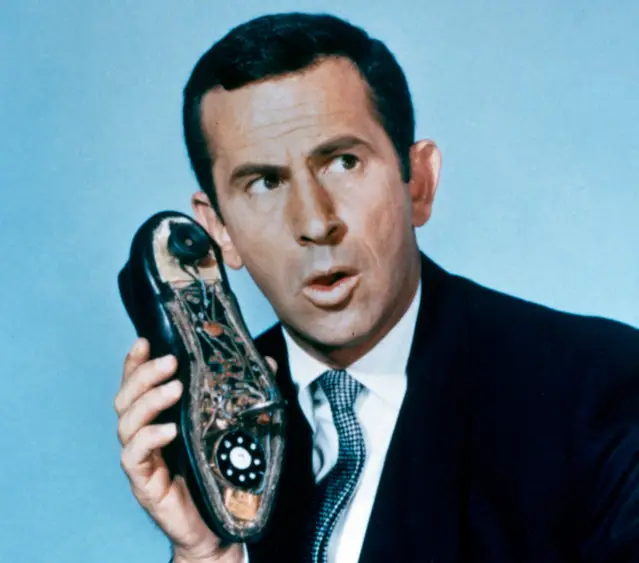
As a bumbling secret agent, Maxwell Smart’s clumsiness and incompetence were played for laughs, but modern audiences would likely be harsher in their judgment. In today’s world, where action heroes are expected to be more skilled and less of a liability, Maxwell would be constantly roasted online. Memes about his failure rate and the fact that he kept his job despite so many mistakes would be everywhere. His classic line, “Missed it by that much,” would be used against him in ways he never imagined.
8. Jack Tripper (Three’s Company)
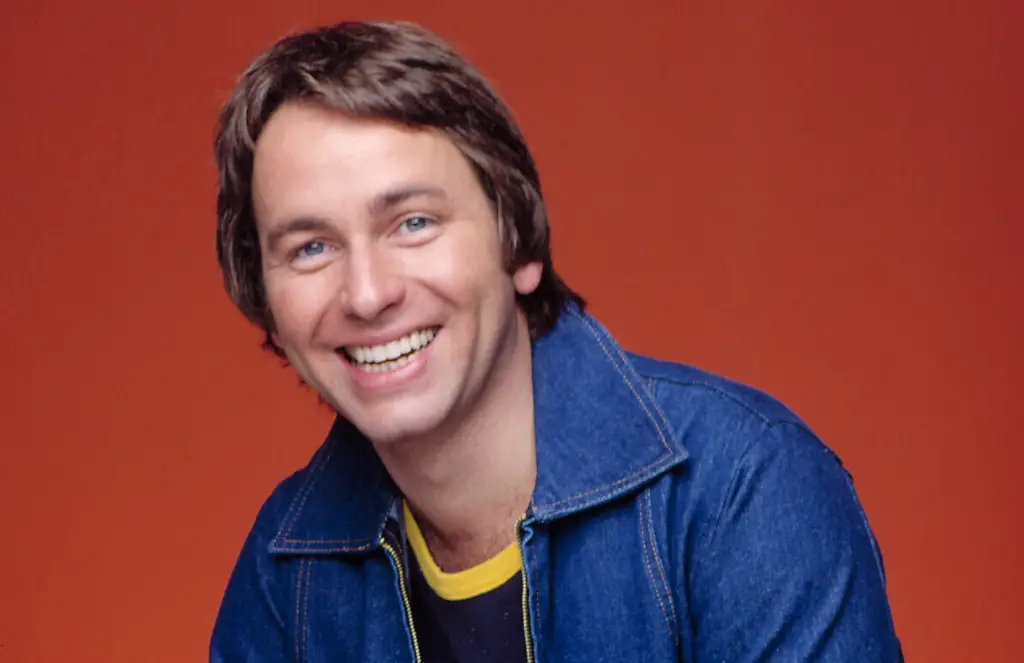
Jack Tripper spent most of Three’s Company pretending to be something he wasn’t just to live with two female roommates, a setup that would be endlessly scrutinized today. The idea of a man having to pretend to be gay to get around a landlord’s rules would lead to viral debates about outdated sitcom tropes. Social media would pick apart every episode, questioning whether the show handled LGBTQ+ themes with sensitivity. Jack himself would be at the center of many discussions about whether his antics were comedic gold or cringeworthy relics of the past.
9. Oscar Madison (The Odd Couple)
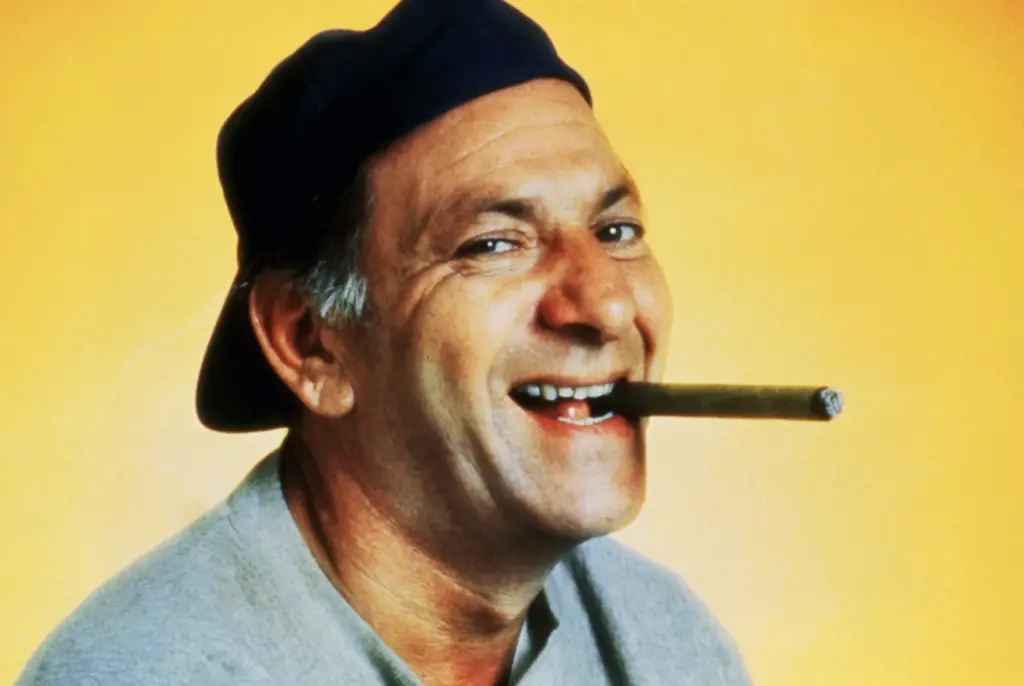
As the messy half of The Odd Couple, Oscar Madison’s slobbish lifestyle was played for laughs, but modern social media would take issue with more than just his dirty apartment. His old-school attitudes toward women, his occasional lack of self-awareness, and his resistance to personal growth would all make him an easy target. Twitter would be flooded with posts like “Oscar Madison is the worst roommate of all time” and “How did Felix put up with him?” Clips of him dismissing hygiene or making outdated jokes would get him instantly “canceled.”
10. Herman Munster (The Munsters)
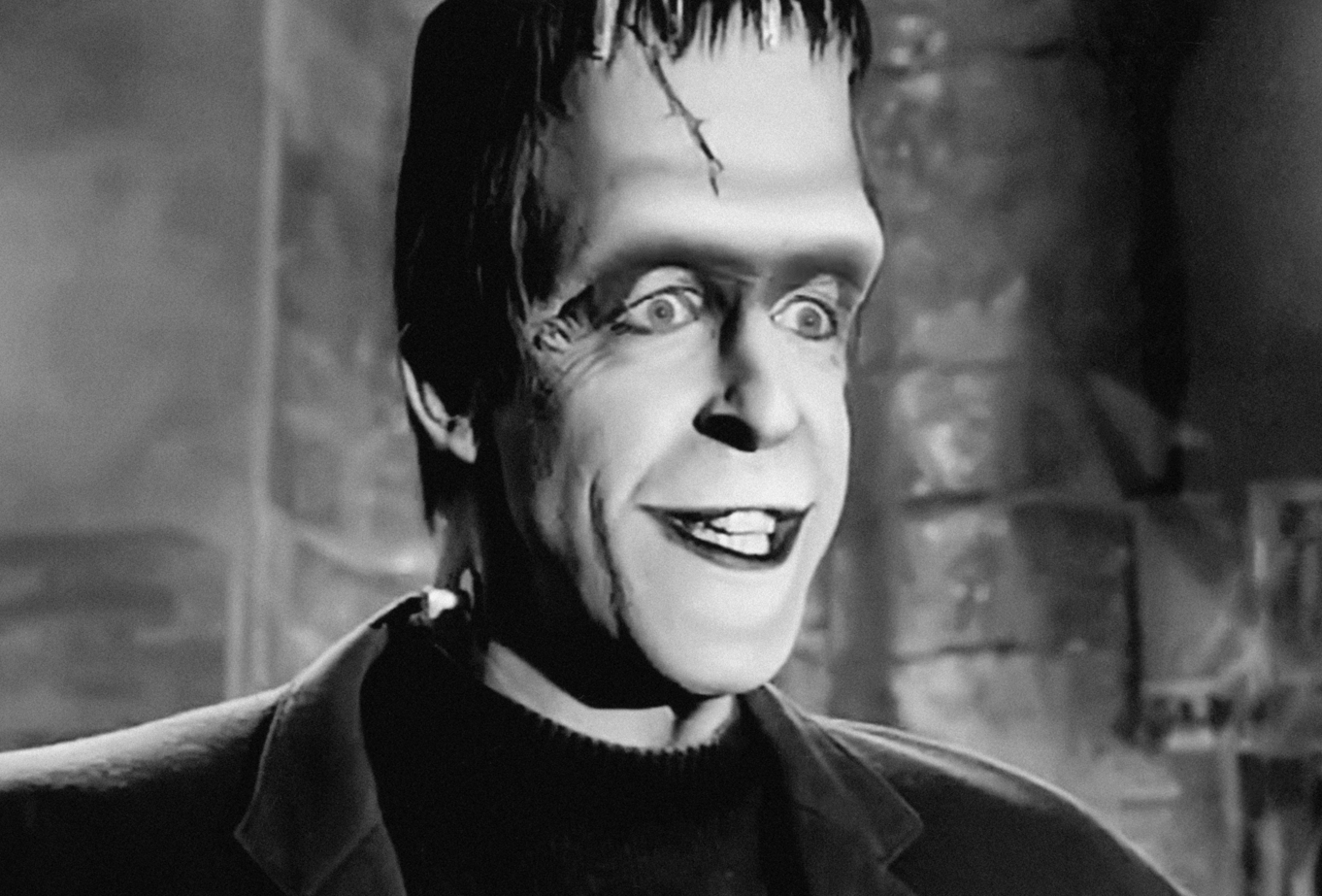
Herman Munster was a lovable goofball, but his constant workplace outbursts and dramatic temper tantrums would lead to serious online criticism. In today’s world, where emotional intelligence and professional behavior are expected even from sitcom characters, Herman’s antics would be seen as over-the-top. HR experts on TikTok would dissect his worst moments, calling out his inappropriate behavior at work. While his family values would keep him somewhat safe, his outbursts would make him a viral discussion topic.
11. Fred Sanford (Sanford and Son)
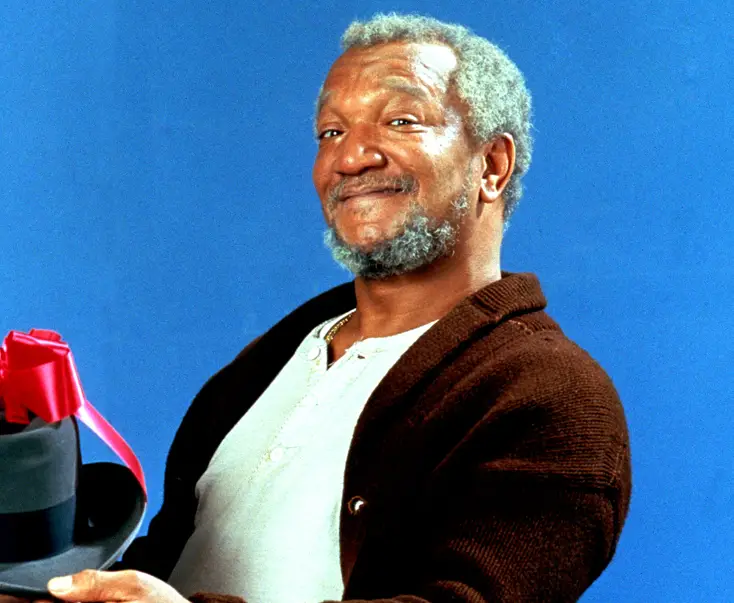
Fred Sanford’s sharp tongue and constant insults toward his son Lamont were hilarious in the ’70s, but today, they’d be seen as verbal abuse. His dramatic fake heart attacks (“This is the big one, Elizabeth!”) would also be criticized as making light of serious health issues. While his one-liners would still be legendary, social media would have a field day calling out his tough-love parenting style. A few viral threads about “Fred Sanford being a terrible dad” would ensure he was constantly in the hot seat.
12. Steve Austin (The Six Million Dollar Man)
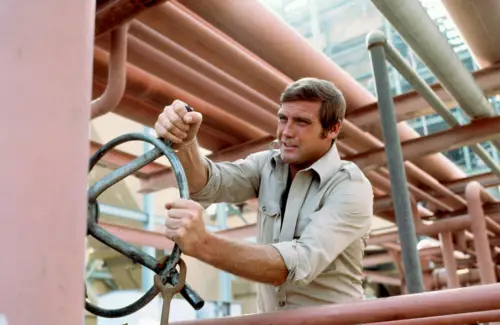
As the bionic hero of The Six Million Dollar Man, Steve Austin was an icon of 1970s sci-fi, but his government-funded enhancements would spark major online controversy today. Social media would be full of debates about whether someone with his level of power should be under government control. Conspiracy theorists would be all over his character, spinning wild theories about secret cyborg experiments. While he’d still have plenty of fans, Steve Austin would definitely have to deal with a lot of online scrutiny.
The ’70s gave us some of the most unforgettable TV characters of all time, but if they had to survive in today’s social media landscape, they’d face serious backlash. Whether for their attitudes, their antics, or just the changing times, these characters would constantly be trending for all the wrong reasons. While we still love them for what they were, it’s safe to say they’d have a tough time dodging the cancel culture spotlight in the modern world.


